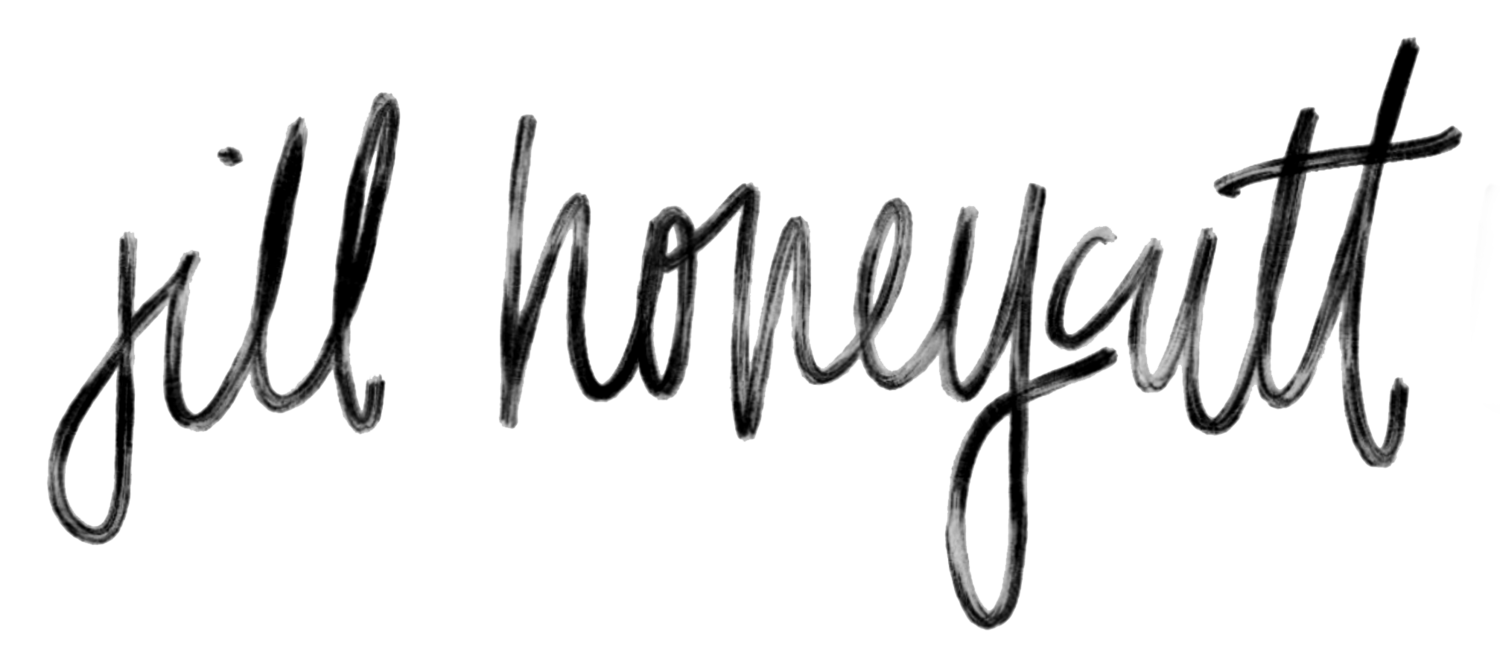day 0 // thursday jan 11th
We made it to Germany! Day zero was a success. We flew out of Houston at 7PM CST on Wednesday January 10th and landed at 11:40AM (german time) on January 11th. Which means 4:40AM CST.
Successfully loaded 31 Texas A&M students onto the flight. The total flight time was 9 hrs and 40 mins—not too bad. I knew from my last study abroad that jet lag was going to be a real issue, so I forced myself to sleep a tiny bit on the flight. We landed and loaded a bus in Frankfurt to take the group to Bonn.
Wade and I got settled into our apartment (I will post pictures soon) and then got treated to dinner with AIB (our school) at a local restaurant & brewery, Brauhaus Bönnsch. I had flammkuchen (German translation is flaming pizza) with bacon, egg, potato and creme fresh). Wade had meatloaf with fried potatoes and peppers. Very tasty!
That's all for now. Here are a few of my tips for traveling for an extended stay, specifically during the colder months:
- Outdoor Apparel - It will be cold and potentially snowing the first month of our stay in Germany. So we were sure to pack warm jackets, comfortable AND warm walking shoes, socks, hats, gloves, etc. Also, if you wear your biggest coat on the plane you can store it in the overhead bin once comfortably your seat AND it saves precious suitcase space for more shoes!
- Layerable Clothing - Our trip will be cold, but the seasons will also change (unlike Texas). It is a good idea to bring layers. Under shirts, tights, etc. It is currently winter, but by the time we return it will be nice spring weather. Be sure to pack items that can be layered for warmth, then be worn separately later in the year.
- Backpack - I would recommend a good (comfortable) secure backpack that you can travel with. Secure meaning a lot of zippers and inside pockets for valuables.
- Copies of Passport - It is good idea is to bring a few notarized copies of your passport in case something happens to your original passport. You can make color photocopies (of the full spread including the signature page of your passport) and have them notarized (most banks have a notary). It is a good idea to put them in different places. i.e. hidden in your backpack, suitcase, and then keep one secure with your family back in the states. I would also recommend storing them in dry place like a ziploc bag.
- Reusable Water Bottle - Europe is great about recycling plus buying water can be very expensive! Bring a water bottle you can easily attach to your backpack or suitcase when traveling.
- Money & Fees - Talk with your banks. Be sure to let them know you are traveling abroad and discuss the ATM and withdrawal fees. Fees can add up really quickly, so using a debit card will be option B for us. Whereas our credit card has no transaction fees or extra hidden charges.
- Converters & Adaptors - Do your research on your electronics and buy appropriate converters or adaptors. Most electronics now days have built in converters, so you only really need an adaptor.
Hope that was helpful! Excited for more adventure... and sleep!
